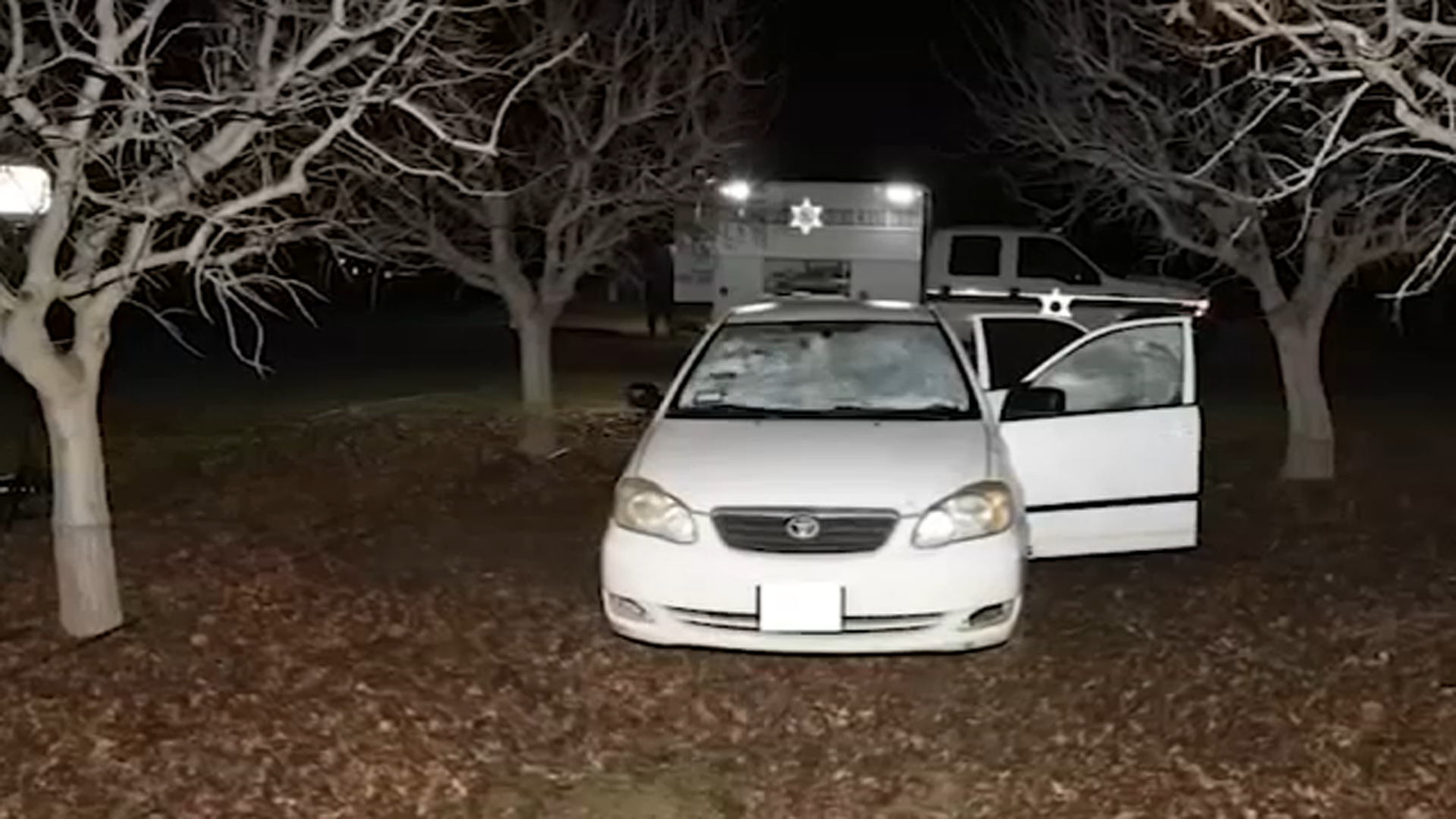Doc Talk: Acute Flaccid Myelitis, polio-like disease threatening children nationwide

In our new weekly feature, Doc Talk, we're learning more about major illnesses to threaten kids nationwide.
Pediatric emergency doctor, Clint Pollack from Valley Children's Hospital is here to talk about the outbreak that resembles polio and how parents can treat or prevent it from happening.
Acute Flaccid Myelitis is rare, but we've been hearing more and more about it.
It's a polio-like illness that mainly affects children under 18 years-old.
It's very rare, affecting less than one in a million children.
It was first reported in 2012 and has had subsequent increases in cases in the late summer and fall of 2014, 2016, and 2018.
What causes A-F-M and what are the symptoms?
-Cause is unclear, but has been associated with viral respiratory infections (especially enterovirus, rhinovirus, poliovirus, and West Nile virus).
-Usually preceded by a viral respiratory or GI illness with cough, runny nose, vomiting, diarrhea, and/or muscle pain.
-Symptoms may include
-Fever, headache, stiff neck, and muscle pain, which then progresses to
-Weakness of the arms and legs
-May affect the cranial nerves of the head and face, causing
-Weakness of facial muscles, facial droop
-Weakness of the eye muscles and/or eyelids, blurry vision
-Problems speaking or swallowing
-Respiratory weakness or failure
-Numbness or tingling is not usually a symptom of AFM
How is AFM diagnosed and treated?
-Diagnosed by exam findings, MRI showing grey matter changes in the spinal cord, and increased white blood cells in spinal fluid.
-Treatment is mainly supportive: IV fluids, respiratory support. Steroids, IVIG, and antiviral medications have been used but have not proven to be effective.
How do parents avoid this illness?
-Recovery is variable, with some children having permanent muscle weakness and/or shrinkage in the affected limbs. Physical therapy may help with these deficits.
-Illness may be prevented by getting routine vaccinations, avoiding mosquito bites, washing your hands often with soap and water, avoiding close contact with people who are sick, and cleaning and disinfecting frequently touched surfaces, including toys.








